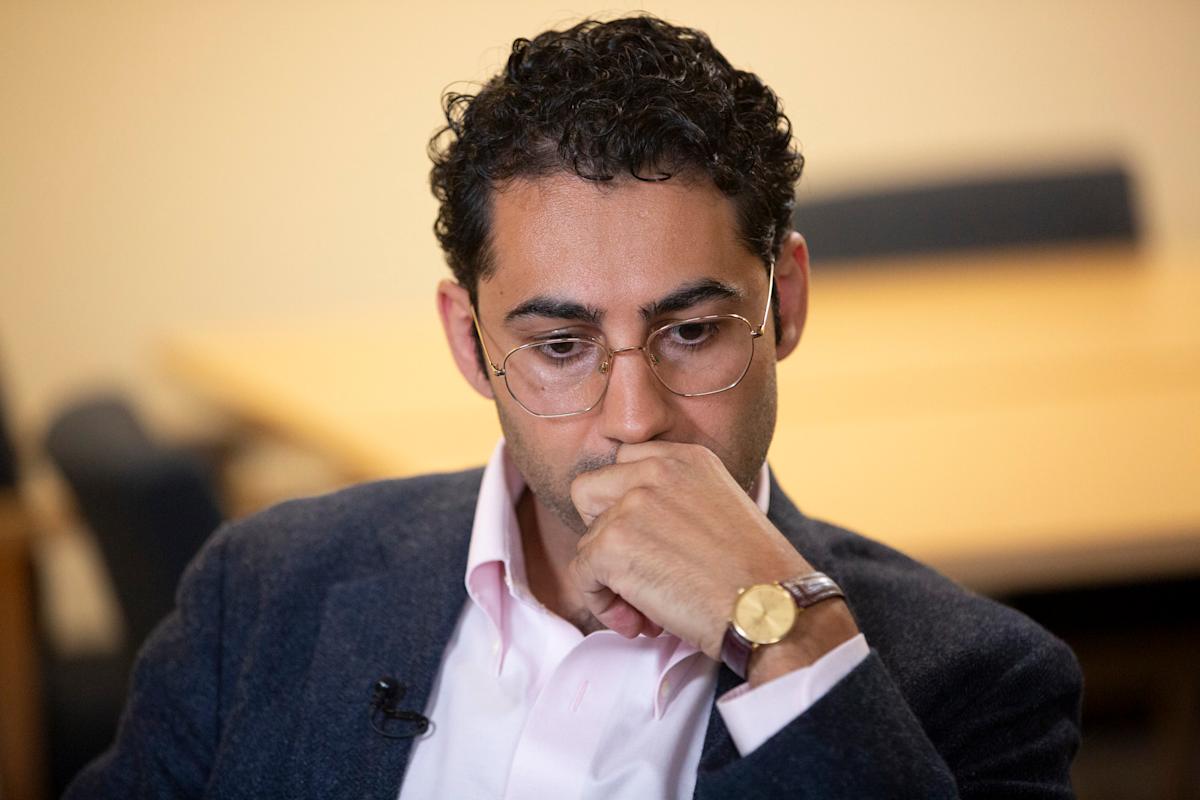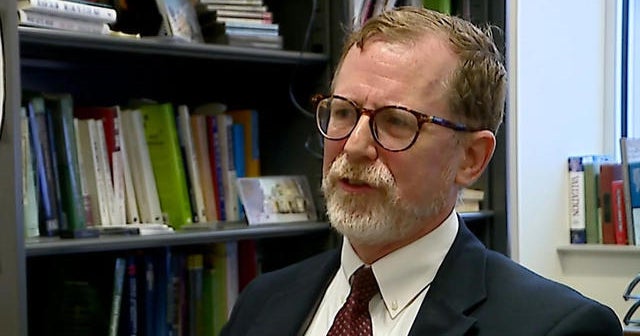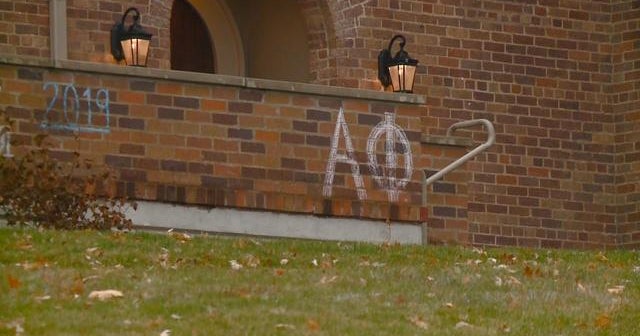Columbia University Under Fire for Alleged Incitement of Violence
A recently freed Palestinian student has leveled explosive accusations against Columbia University, alleging the Ivy League institution fostered an environment of incitement and violence during campus protests. The claims, emerging this week from a student arrested during pro-Palestinian demonstrations, have ignited fierce debate about academic neutrality, free speech boundaries, and student safety in polarized political climates.
Campus Protests Spark Controversy
The controversy stems from months of escalating tensions at Columbia, where pro-Palestinian demonstrations have frequently clashed with counter-protesters and law enforcement. According to university records, campus police made 23 arrests during protests last semester—a 300% increase from the previous year. The unnamed student, whose charges were recently dropped, claims administrators turned a blind eye to threats against Palestinian supporters while aggressively policing their demonstrations.
“What began as peaceful advocacy was systematically criminalized,” the student stated in a press release. “The university’s uneven enforcement created conditions where violence against us became inevitable.” University officials strongly deny these claims, pointing to their published guidelines on protest safety.
Examining the Evidence
An analysis of campus police reports reveals conflicting narratives:
- Pro-Palestinian Events: 14 documented incidents of alleged harassment since October
- Counter-protests: 9 reported altercations during the same period
- Disciplinary Actions: 38 students referred for conduct violations—60% from pro-Palestinian groups
First Amendment scholar Dr. Elena Martinez weighs in: “Universities walk a tightrope between protecting speech and preventing harm. The data suggests Columbia may have leaned too heavily on order maintenance at the expense of equitable treatment.”
Administration Responds to Allegations
Columbia President Minouche Shafik defended the university’s actions in a campus-wide email: “We remain committed to fostering rigorous debate while ensuring all students feel safe. Our policies are applied uniformly, regardless of political viewpoint.” The administration highlights their recent creation of a Task Force on Campus Dialogue, though critics argue it lacks Palestinian representation.
Meanwhile, Jewish student groups report their own safety concerns. “When chants cross into antisemitism, that’s not activism—it’s hate speech,” says Hillel president Jacob Rosenberg. His organization documented 15 alleged antisemitic incidents last semester.
The Broader Implications for Higher Education
This controversy reflects nationwide tensions as universities grapple with:
- Balancing academic freedom with campus safety
- Navigating donor pressures and political scrutiny
- Addressing intersectional student grievances
A 2023 PEN America study found 67% of university administrators feel unprepared to handle highly charged political demonstrations. “Columbia’s dilemma isn’t unique,” notes education policy expert Dr. Raj Patel. “Institutions nationwide are realizing their protest playbooks don’t account for today’s geopolitical complexities.”
What Comes Next?
The controversy shows no signs of abating. Key developments to watch include:
- A pending Department of Education civil rights investigation
- Planned student walkouts during fall orientation
- Alumni threats to withhold $3.7 million in pledged donations
As campuses nationwide prepare for another volatile academic year, the Columbia case may set important precedents. Students, faculty, and policymakers alike would benefit from examining our free speech on campus guidelines to understand these complex issues.
One thing remains clear: Universities can no longer claim neutrality in conflicts that enter their quads and classrooms. How they respond—or fail to respond—will shape academic discourse for years to come.
See more TED Talks World



